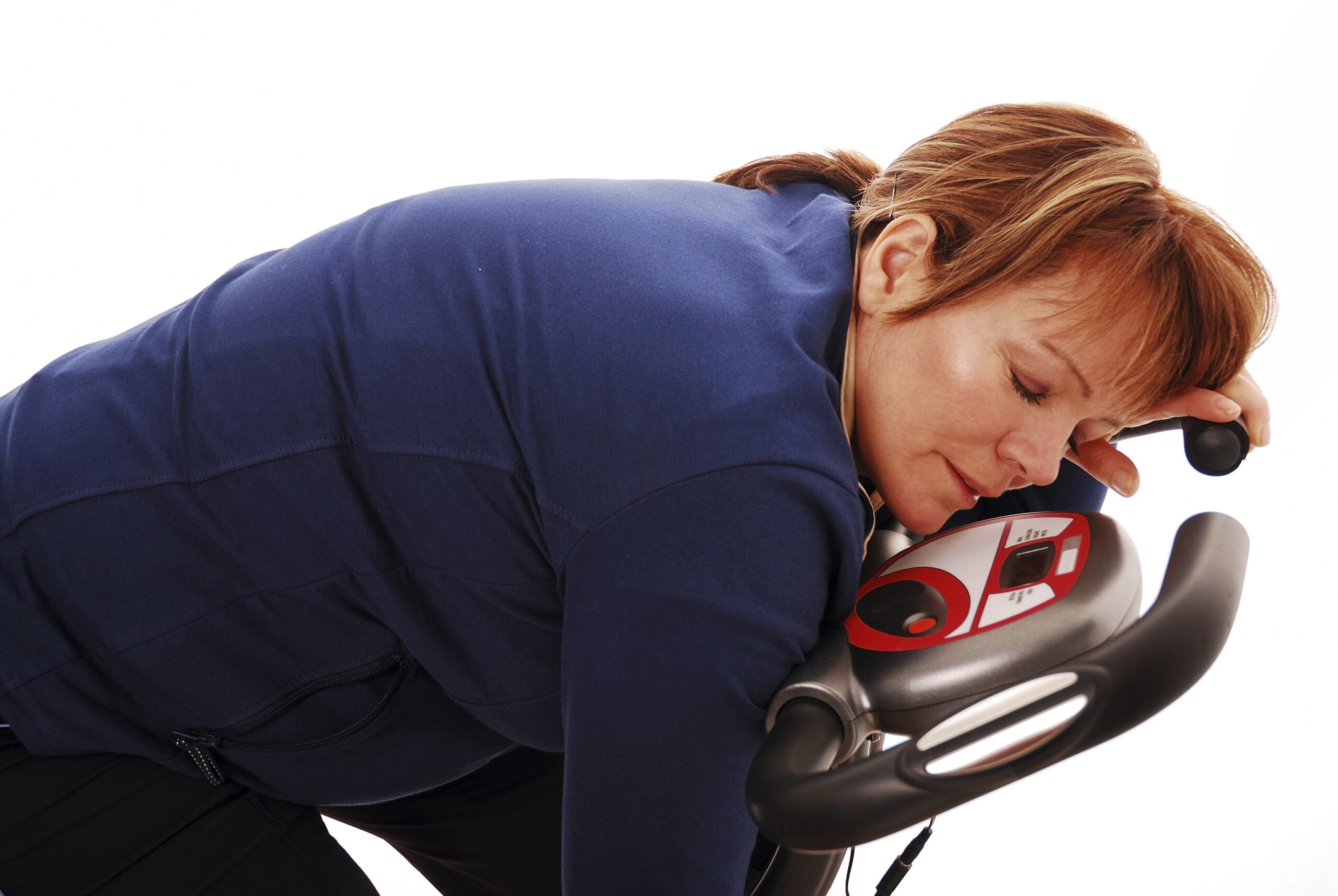

Do you have an energy crisis?
Posted on December 28, 2015 by Dr. G
A major reason for the struggles we have with weight loss, obesity, chronic diseases is our repeated inability to see the problem for what it is rather than the effects of the problem. Weight gain, obesity, diabetes, heart disease, digestive issues, thyroid disease, high blood pressure, dementia, Alzheimer’s, Parkinson’s, and autoimmunity are all symptoms and effects of bigger problems.
Let’s start with being overweight or obese. The new year is upon us and people will be searching for solutions, before their being overweight or obese leads to a more complex set of health problems. The body stores excess energy consumption (calories) as fat. Fat is one of the stored forms of energy that is supposed to provide us with energy when we need it. It is safe to say with ⅔ of the American public being overweight or obese that we have a lot of stored energy.
At the same time, the diseases associated with obesity and being overweight–those mentioned above–often present with the symptom of lack of energy or fatigue.
This is a paradox that is not so easily explained. I challenge all of you who are thinking right now of the the obvious, knee-jerk type answers to this paradox such as hormonal dysregulation, immune dysfunction, chronic stress responses, or sleep cycles disruption. that are associated with being overweight and obese. I ask, rather, that you expand your mind a bit. We have to realize that improving diet and exercise does not necessarily solve the issues related to fatigue and lack of energy. Even with above-average willpower, determination and long-term lifestyle change associated with diet and exercise, we all too often fall short of our goals for weight loss and other desirable markers of improved health, making it a lifelong battle that we can easily become tired of fighting. Lack of energy and fatigue still seem to be the most apparent and common lingering symptom.
What is energy and why do we need it?
Energy is when we have abundant energy to get through our day and perform all of our necessary and desired activities in a way that promotes health and leaves us looking forward to doing it all over the next day. Energy is experienced as both mental and physical.
Where does energy come from?
The most accurate answer is within our individual cells from structures called mitochondria. When these ‘organelles’ are not functioning optimally, chronic symptoms will become apparent and ultimately followed by chronic diseases we mentioned above. The majority of our mitochondria are located in our brain, heart, upper GI tract and postural muscles. The brain has by far the most dense population of mitochondria. This is why the brain is only 2% of our body weight and can use up to 30% of our oxygen.
If the mitochondrial function is compromised and operating at suboptimal levels, there will be a compromise in our ability to burn stored energy (fat and glycogen). At the same time, in an attempt to keep up our energy needs, we will crave more and more energy sources (food).
When the body is supplied with sufficient energy sources and efficient ability to produce the energy required, we will only crave what we need. Our cravings should not make us less survivable (sick), rather our cravings should make us more survivable and ‘thrivable’ (healthy).
The folly is in thinking of food in terms of calories rather than thinking of food as one of several factors that contribute to the flow and supply of electrons for energy production.
Old thinking
What is the ultimate purpose of food? The answer to this question: food supplies us with a source of energy and nutrients which are used to grow, heal, rebuild and repair our cells and their chemical and structural components. Energy from food is used to do all the work of the body. We have all been taught that energy comes in the form of calories from food.
Calories are a unit of energy and the caloric makeup of of a meal will determine the available energy we have to burn to do the work of the body. If the calories we take in exceed the calories we burn, then we gain weight in the form of stored energy. Energy could be stored as sugar (glycogen), fat (triglycerides) and protein (muscle).
The laws of thermodynamics state that if calories taken in are less than calories burned, then we have to burn stored energy and therefore lose weight. Unfortunately, anyone who has tried to eat less and exercise more has realized that this formula may work for many of us. It also may be true that if it works for you, it may not last.
As stated above, in each of our cells, we have engines of energy production called mitochondria. The mitochondria are where energy is produced and, on the biochemical level, the ultimate end product of mitochondrial energy production is a unit of energy stored in a high-energy phosphate bond called ATP (Adenosine Tri-Phosphate). ATP is the unit of energy we use to do the work of the body according to the pre-Einsteinian, Newtonian world of biochemistry.
One molecule of glucose (simple sugar) in the presence of oxygen in the mitochondria will yield 32-36 ATP molecules. Each molecule of glucose is 4 calories. One molecule of fat is 9 calories and produces 129 ATP in the beta oxidation process. The problem is, the production of ATP does not mathematically explain the energy demands of the body. One should note that fat yields a much more efficient abundant source of energy than glucose. {A side story here is the idea that fat is bad for us. If it were so bad for us why would it be a so much more efficient source of energy? Food for thought.}
There must be more to the energy production story. Energy demands of the body influence the production of hormones that tell us to eat, stop eating, store energy, and burn energy. These hormones include insulin, cortisol, thyroid hormone, ghrelin, leptin, melatonin and neurotransmitters, to name a few. It is true that the choices we make in our diet will impact these hormones and neurotransmitters greatly, especially when we choose to eat non-nutritious, empty calories in processed foods. However, we cannot ignore the fact that there are many other components to our environment that impact these hormones levels that go beyond our food choices and levels of exercise.
Calories in and calories out explains why all of the contestants on the very popular reality show, The Biggest Loser, all lost massive amounts of weight. However, it does not explain why 100% of them gained it all back in a relatively short period time. In case you are not familiar with the premise, on this show, the contestants live in a hotel, they eat 600 calories per day and exercise 6 hours per day. This results in a race to the bottom, when it comes to weight loss. What happens next is grossly misinterpreted.
All of the contestants go back to their real life and we suspect that they just automatically go back to their old behaviors and eating habits, resulting in weight gain and the chronic illnesses that define our time. We, and the contestants themselves I am sure, begin to make moral judgements and blame their “failure” on some level of weakness and flawed character. When we feel guilty about that moral judgement we then resort to blaming genetics. This results in a vicious medical and sociological cycle that leaves us trying the same thing over and over to achieve the same result and waiting for a pharmaceutical company to invent the “magic pill” to solve the pandemic of obesity, diabetes, heart disease, osteoporosis, cancer, alzheimer’s and dementia. This is thinking consistent with the accepted definition of insanity. This magic pill, of course, is wishful thinking and will never appear.
New Thinking
If the purpose of food is to supply us with electrons, specifically the flow of electrons, then what else in addition to food provides us with a healthy, optimal flow of electrons and what in our environment would interfere with it?
The purpose of the working hypothesis here is to identify that which will keep our mitochondria healthy and abundant. Here is a short list of some of the necessary components of healthy mitochondria and basic necessities for optimal mitochondrial function.
- Water, without additives (such as fluoride) that would make it a less powerful battery and supplier of electron energy.
- Light: solar energy from the sun spanning the entire spectrum of the sun’s rays, from ultraviolet to infrared.
- The earth’s native electromagnetic field.
- Nutrients like CoQ10, magnesium, iron, zinc, phospholipids, manganese, vitamin A, vitamin C, and alpha lipoic acid.
- DHA fat. A type of omega 3 found most abundantly in the nervous system.
Most of us who are suffering are grossly deficient in the first 3 listed above try to improve our diet to get the 4th & 5th items right, then spend the rest of our lives trying to take in fewer calories than we burn with the use of will power and wonder why we have chronic ‘I don’t feel good-itis.’
I challenge you to learn more about addressing the first three on this list. Don’t worry, I am here to help. I don’t have all the answers, but I am tirelessly learning more and more and I will be happy to share what I learn here on this blog.
It’s not all about diet and exercise. We are discovering that for many of us, focusing on changing our behavior with diet and exercise is putting the cart before the horse. This results in a tremendous need for willpower. Willpower is when we try to ignore what our body is telling us that we need in favor of making better choices. For example, willpower is used when we crave sugar and/or fat, almost uncontrollably, 10 minutes after a nutritious, sensible meal. The act of avoiding that which would satiate us causes a tremendous amount of distress.
For many years I have asked myself and my patients to use willpower initially in order to normalize biochemistry so the hormone production becomes more appropriate and the cravings decline. For the most part, this is true–to a point. There are limitations to this practice. This practice is used to help people with heart disease, diabetes, autoimmune disease, obesity, and many chronic diseases. I have helped thousands of my patients with this approach over the years.
Thanks for reading!


Next week we will discuss how improving our connection to all of the factors that influence our supply and flow of electrons will help us improve energy, reduce fatigue, have appropriate cravings that we do not need to fight against and dramatically reduce the intake of unnecessary empty calories.




